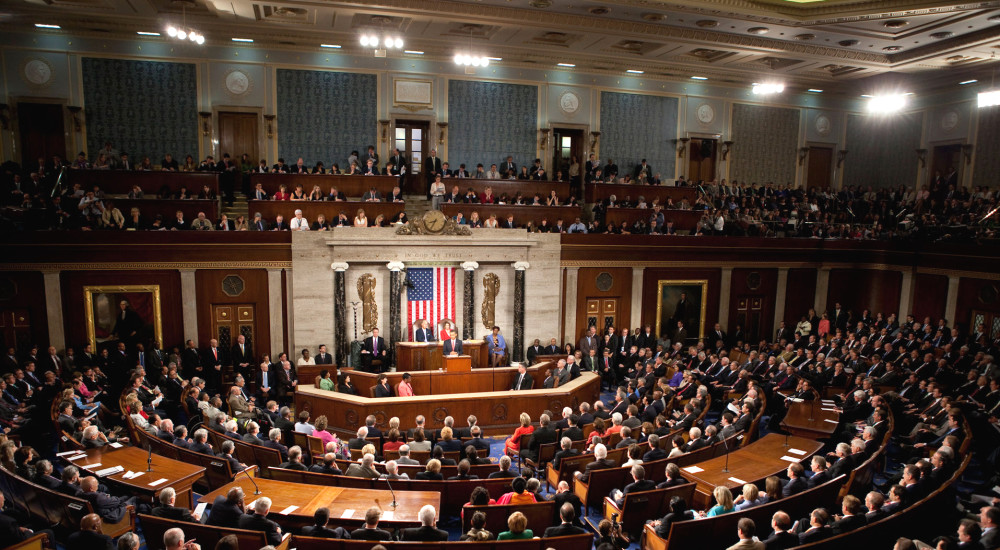Another way to choose a Speaker
As the House Republican caucus frets and fumes over who should be the next Speaker, here’s something to consider…and yes, it’s entirely hypothetical.
The number needed to be elected Speaker is 218. Or it could be much less than that.
Being with this from the House Clerk’s office…
Although the Constitution does not require the Speaker to be a Member of the House, all Speakers have been Members.
When a Congress convenes for the first time, each major party conference or caucus nominates a candidate for Speaker. Members customarily elect the Speaker by roll call vote. A Member usually votes for the candidate from his or her own party conference or caucus but can vote for anyone, whether that person has been nominated or not.
To be elected, a candidate must receive an absolute majority of the votes cast—which may be less than a majority of the full House because of vacancies, absentee Members, or Members who vote “present.” If no candidate receives the majority of votes, the roll call is repeated until a majority is reached and the Speaker is elected.
“Members who vote ‘present'” don’t count toward the final total.
Which brings us to this item from Paul Goldman and Mark Rozell:
Democrats currently intend to vote for former Speaker Nancy Pelosi (D-Calif.), now the Democratic minority leader. This is the right long exercised by the House minority in such a vote.
But why shouldn’t the Democrats instead win points from the American people by refusing to participate in the vote, thereby putting partisanship aside and let only GOP House members pick the next speaker, which will be the inevitable result sooner or later?
It can then be a win-win-win solution: The GOP gets a new speaker elected only by Republican votes; Democrats get credit for putting solving problems above partisan gamesmanship, and Americans get to hope the Congress might actually focus its energies on making policy.
It isn’t necessary to get 218 votes in the 435-member body to win the speakership. The U.S. Constitution doesn’t mandate an absolute majority. It only says the House “shall” choose a speaker. The election math is up to the members.
This solution doesn’t require any rule changes, or back-room deals. It is an elegant proposal for today’s gritty political world, allowing the most conservative and liberal legislators to keep their precious ideological purity.
I’ll quibble with the idea that either political party would do anything marginally good for the Republic when real power is at stake.
As an intellectual exercise, contemplating the possibility of House Democrats stepping away from the Speaker vote is interesting. It would liberate the Republican contenders from having to reach the magic 218 vote total…which would make irrelevant whatever veto smaller groups within the GOP caucus and interest groups outside Congress believe they have now.
That would be entertaining.
This would also result in a minority Speaker with little sway over the chamber and even less over the GOP membership. A figurehead, then, who holds the gavel purely through the graces of the Democratic caucus.
Folks I’ve spoken to on Capitol Hill think this approach would be outrageous, and is utterly out of the question. This is true. Elegant solutions are never as graceful as they appear at first glance, and are unlikely to withstand the hard realities of politics.
Still…it would make for riveting theater.
That would end as farce.


